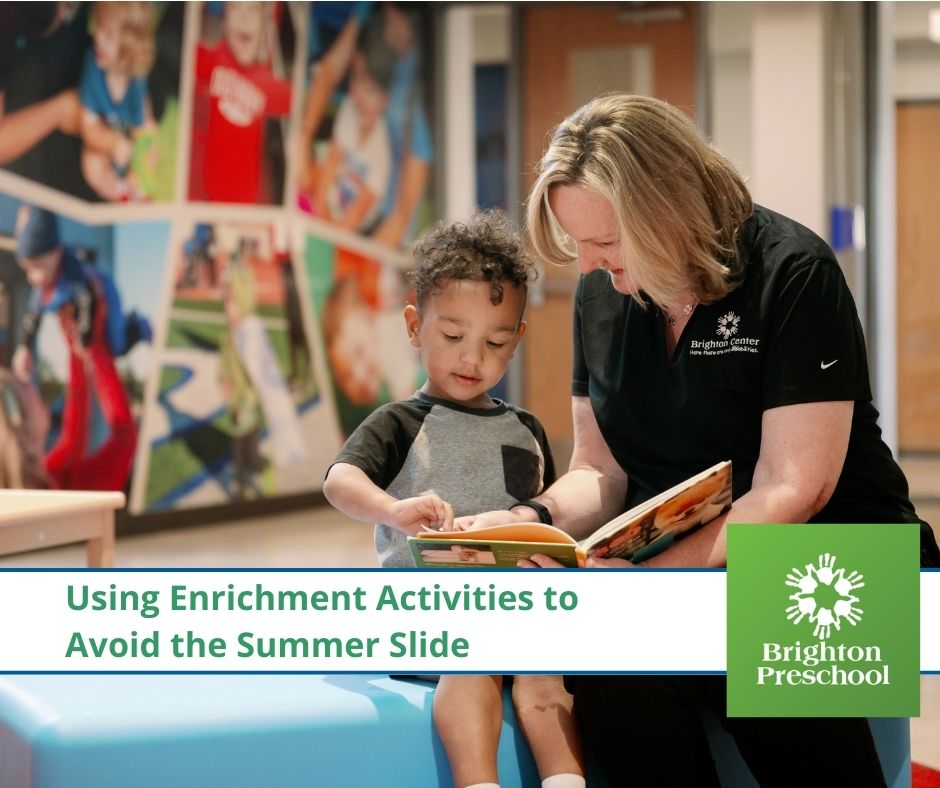The term “summer slide” refers to the loss of academic skills and knowledge that can occur during the summer vacation period when students are not actively engaged in educational activities. It is commonly observed among students, particularly children, who experience a decline in academic performance or a regression in the skills they acquired during the school year. As a parent myself, I strive to keep my children engaged during the summer through Enrichment Activities. In large part, this is so they are ready for the next school year.
The Summer Slide and Learning Loss
During the summer break, many students take a break from formal learning and may not engage in regular educational activities. This lack of academic stimulation and practice can lead to a loss of knowledge and skills, particularly in subjects like math, reading, and writing. The summer slide can affect students of all ages but is often more prominent among younger children.
Research has shown that students who do not engage in any educational activities during the summer can experience a measurable decline in their academic abilities by the time they return to school in the fall. This learning loss can put them at a disadvantage compared to their peers who have been actively engaged in learning activities during the break.
The good news is that avoiding the summer slide is surprisingly easy and requires minimal work. Engagement is key and play is important for kids and adults, so avoid screen time as much as possible.
Mitigating the Effects of the Summer Slide
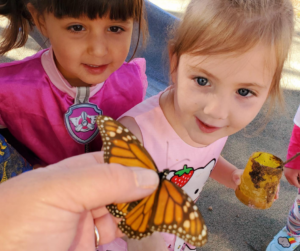
To mitigate the effects of the summer slide, educators and parents often encourage students to participate in summer programs, reading challenges, or other educational activities that can help maintain or improve their skills during the vacation period. By staying intellectually active and involved in learning, students can reduce the impact of the summer slide and be in a better place when they return to school. Access to books, keeping a schedule, and enrichment activities are effective and relatively easy to implement to help prevent the summer slide.
Reading to children during the summer is essential for maintaining and improving their reading skills, fostering a love for books, expanding their knowledge and vocabulary, improving language and comprehension abilities, creating meaningful bonds, and stimulating their imagination and creativity. Reading stimulates children’s imagination and creativity. It exposes them to different worlds, characters, and scenarios, allowing them to visualize and explore new ideas. This imaginative engagement enhances their cognitive abilities and nurtures their creative thinking skills. Reading is a valuable activity that supports their overall development and prepares them for academic success. Encourage reading by creating a fun space to read in your home such as building a reading fort with blankets and pillows, bringing a tent inside.
The Importance of Schedule during the Summer
Maintaining a schedule provides structure and routine to a student’s day. During the school year, students are accustomed to following a set schedule, which helps them stay organized and focused. A consistent schedule during the summer helps prevent a complete disruption of their daily routine, which can make the transition back to school smoother. My children’s morning and nighttime routine hasn’t changed. We keep a good routine, and our kids are well rested and ready for the day. We even keep these two routines while traveling!
Without a schedule, students may be more likely to neglect educational activities during the summer. A structured schedule ensures that there is dedicated time for reading, learning, and engaging in educational activities. This continuity of learning helps prevent the summer slide and allows students to maintain and reinforce the knowledge and skills they acquired during the school year. A well-planned schedule promotes a balance between different aspects of a student’s life. It allows for designated time for academics, physical activity, hobbies, socializing, and relaxation. This balance is crucial for their overall well-being and development, as it ensures they are not overly focused on a single area while neglecting others.
The Importance of Enrichment Activities
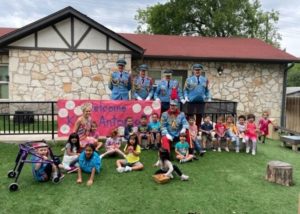
Enrichment activities are important for students during the summer for several reasons. Enrichment activities provide opportunities for students to explore new subjects, interests, and hobbies that may not be covered in their regular academic curriculum. They can engage in activities such as art, music, sports, coding, science experiments, or creative writing. These activities encourage curiosity, spark new interests, and allow students to discover and develop their talents and passions. Enrichment activities can reinforce and apply the skills and knowledge students have acquired during the school year. Through hands-on experiences and practical applications, students can deepen their understanding and mastery of various concepts. For example, a science camp can allow students to apply scientific principles in real-world experiments, reinforcing their understanding of scientific concepts.
How Enrichment Activities Can Help Fight the Summer Slide
Enrichment activities focus on the overall development of students, including their cognitive, social, emotional, and physical growth. They provide opportunities for students to develop skills such as critical thinking, problem-solving, teamwork, communication, and leadership. These activities promote well-rounded development, helping students build confidence, resilience, and adaptability.
Enrichment activities can address specific areas where students may have gaps in their knowledge or skills. If a student struggled with math during the school year, participating in a math-focused enrichment program during the summer can provide targeted support and help bridge those gaps. This personalized attention and focused learning can boost the student’s confidence and competence in that area. Enrichment activities encourage students to step out of their comfort zones, take on new challenges, and develop a growth mindset. They provide opportunities for personal growth, self-reflection, and self-discovery. Students can develop new skills, gain confidence, and learn more about their own strengths, interests, and aspirations.
Overall, enrichment activities during the summer enhance students’ learning, promote holistic development, address specific needs, prevent learning loss, and foster personal growth. They broaden students’ horizons, nurture their curiosity, and empower them to become lifelong learners.
Enriching Activities and Ideas for Kids During the Summer
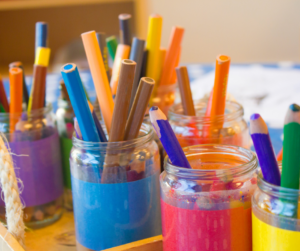 There are numerous enriching activities and ideas for kids to explore during the summer.
There are numerous enriching activities and ideas for kids to explore during the summer.
Here are some suggestions:
1. Reading and book clubs: Encourage kids to read books of their choice and consider joining a local library’s summer reading program or a virtual book club. They can discuss books, share recommendations, and engage in literary activities.
2. STEM activities: Engage children in hands-on science, technology, engineering, and math activities. This can include conducting science experiments, building models, exploring coding or robotics, or participating in STEM camps or workshops.

3. Artistic pursuits: Encourage creativity through art activities such as drawing, painting, sculpting, or crafting. Kids can experiment with different art mediums, learn new techniques, or even take art classes or workshops.
4. Outdoor exploration: Encourage kids to explore the outdoors and engage in activities like hiking, camping, nature walks, or gardening. They can learn about plants, animals, and ecosystems, or participate in nature-themed projects and experiments.
5. Cultural experiences: Expose kids to different cultures by organizing virtual or in-person visits to museums, cultural festivals, or historical sites. They can learn about different traditions, history, and art from around the world.
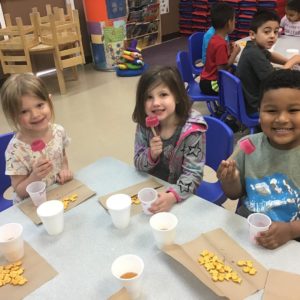 6. Cooking and baking: Involve kids in the kitchen and encourage them to learn cooking and baking skills. They can try new recipes, learn about nutrition, or even start their own mini cooking projects.
6. Cooking and baking: Involve kids in the kitchen and encourage them to learn cooking and baking skills. They can try new recipes, learn about nutrition, or even start their own mini cooking projects.
7. Music and performing arts: Encourage kids to explore music by learning to play an instrument, singing, or joining a virtual or in-person music program. They can also engage in acting, dance, or theater activities through local theater groups or summer programs.
8. Volunteering and community service: Teach children the value of giving back by engaging in community service activities. They can participate in local charity events, help clean up parks or beaches, or contribute to a cause they are passionate about.
9. Sports and physical activities: Encourage kids to stay active through sports, outdoor games, or structured physical activities. They can join sports camps, learn new sports, or simply engage in regular physical exercise.
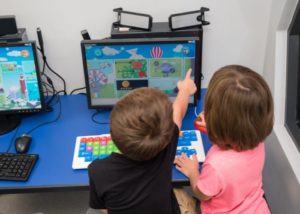
10. Virtual learning platforms: Explore online educational platforms that offer interactive learning experiences for kids. Many websites provide educational games, virtual tours, coding lessons, language learning, and other engaging activities.
Selecting Appropriate Enrichment Activities
Remember to consider the child’s age, interests, and abilities when selecting enrichment activities. It’s also important to strike a balance between structured activities and unstructured free time for relaxation and creativity.
Parents should try to avoid the summer slide because it can have negative effects on their children’s academic progress and overall educational development. The summer slide can hinder a child’s readiness for the upcoming school year. When students experience significant learning loss over the summer, they may struggle to catch up with the curriculum and may require additional time and effort to regain the knowledge and skills they lost. By avoiding the summer slide, parents can ensure that their children start the new school year on a strong footing.
Additional Resources
For more information and resources on the “Summer Slide”, please visit the National Summer Learning Association website at https://www.summerlearning.org/ . The resources for families include a parent toolkit, newsletter, and research on why summer learning is essential to your child’s educational journey. https://www.summerlearning.org/parent-toolkit/
Need resources for students in grades 4-9? Unboxed by Prepared Parents is a FREE monthly digital learning kit that kids and teachers love! Check out their website here https://preparedparents.org/ and the toolkit page here: https://preparedparents.org/tip/unboxed-learning-kits/
